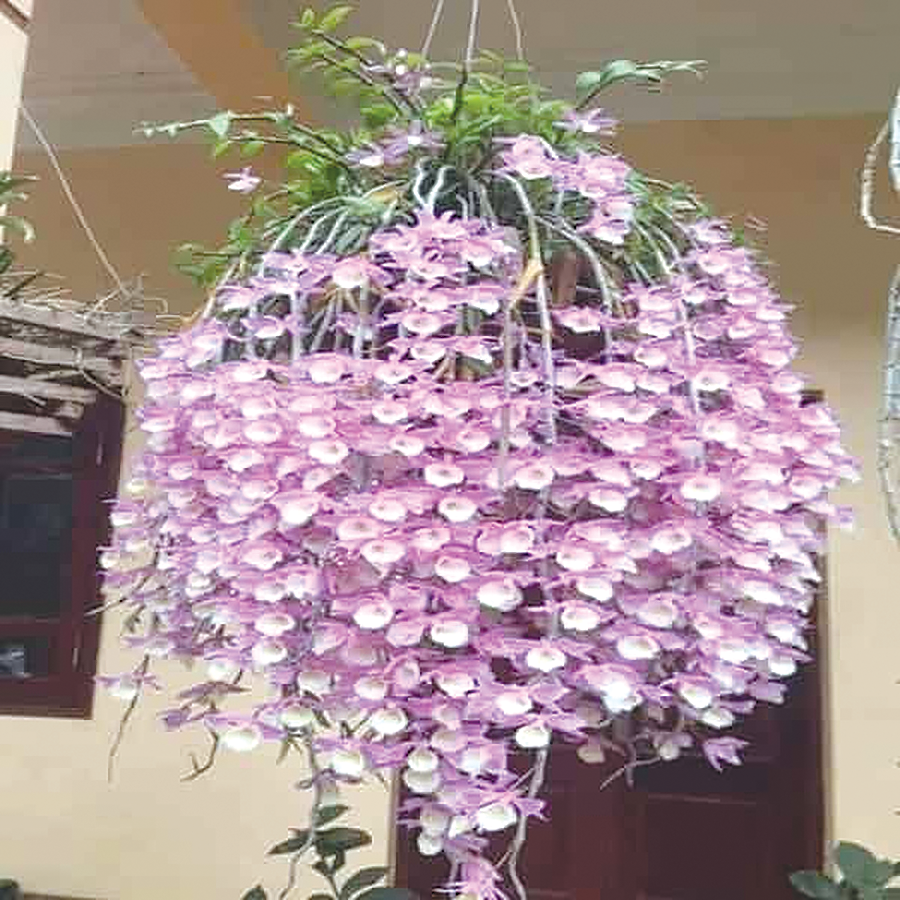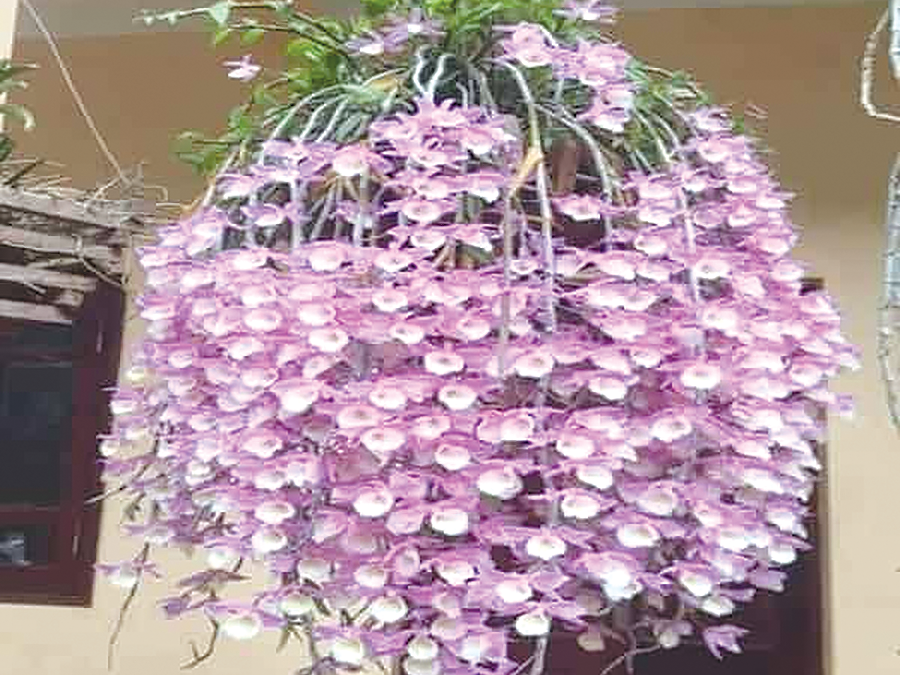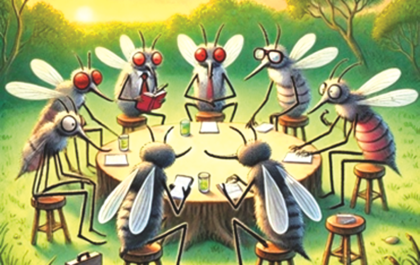Atrip to Assam, a few years ago, was an eye-opener for me to the growing habits and habitat of orchids. As we ventured into the Kaziranga National Park in an open jeep, I was mesmerized by the beauty of the cascading Dendrobium Aphyllum growing in the shade of majestic trees, holding onto their barks, their stems called canes, laden with ethereal pink flowers. Love at first sight! No soil, no fertilizer, and yet the blooms! Delving deeper I learned these orchids were epiphytic – a plant that grows on other plants. Not a parasite but an epiphyte, taking its nutrition from its surroundings. This was my “Eureka” moment – creating a tropical rainforest-like atmosphere to grow them. On closer observation for three consecutive days, I was clearer on the conditions needed:
A bark-like mixture
A thick canopy of trees / growing them in indirect sunlight under the green net
Keeping them in a warm/ hot environment
Heavy rainfall – water every day in summers
Viola! Thus began my orchid journey. I uprooted and brought home some dendrobium aphyllum and grew them successfully too. Though orchids grow in deserts and cold places too, I knew by instinct that these (warm growers) would do well here. They shed all their leaves in winter and bear pink blossoms all along their canes in the month of March. A sight to behold.
The second type – the Ground Orchids could not escape my attention either. These were growing naturally in soil, fertilized by the rains that brought down decaying organic matter to help them thrive! So along came Phaius Tankervilleae, a very forgiving and rewarding orchid that blooms every year with many lime and purple long-lasting flowers on a single spike in the month of March.
So, some epiphytic and ground orchids can be grown here. Read in the next issue-How and which ones.
by Abha Batra (9811417012)

Popular Stories
Football Tournament @Princeton
More Than a Festival: The Art and Power of Durga Puja
Personality of the Month- ‘Dr Usha Mediratta’
Stray Cattle Menace In Front of Galleria
The Chronicles of Malibu Towne: A Mosquito’s Tale
“Senior Living Is Not An Old Age Home” say Mr & Mrs Bose
Recent Stories from Nearby
- Out of Control – Monkey Menace December 31, 2024
- The Ensuing Assembly Elections: What Do We Expect From the Candidates? Election Time: Whom to Choose? December 30, 2024
- AIKGA Monthly Meeting December 30, 2024
- Monkey Menace Worsens in SDA December 30, 2024
- Footover Bridge Lift Not Working December 30, 2024







